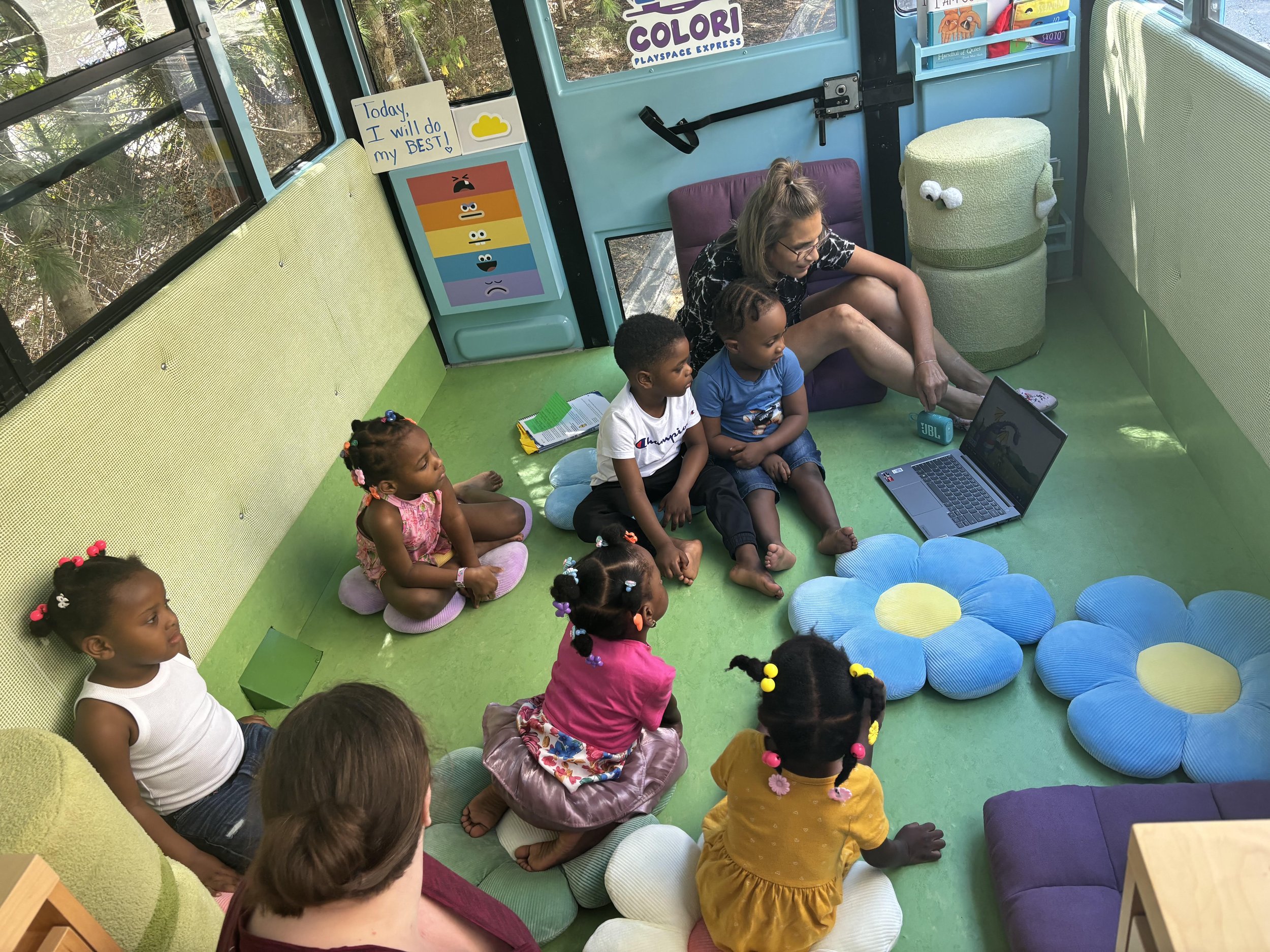Beyond the Pod: Addressing the Housing Crisis
Episode three of our hit podcast “No One Is Coming To Save Us” takes on the issue of housing. We hear firsthand experience from Caitlin Liversidge who became pregnant and homeless last year and has since moved through transitional housing into her own apartment with her healthy two-month-old daughter.
As one of the highest risk factors for being homeless in America is having a young child, stories like Caitlin’s are, unfortunately, common. And they don’t always have the same outcome.
Indeed, Massachusetts and other states across the country are facing an unprecedented crisis in its shelter system with many thousands of families living in shelters across the state. In Massachusetts, this population includes an estimated 5,000 under-school-age children. Many of these families are new to the Commonwealth and have experienced toxic levels of stress during their journey and are now experiencing a desperate need for core health and human services. Crucially, these young children are also in need of nurturing, trauma-informed learning environments where they can play, seek comfort, and be in a community with children and nurturing caregivers. To discuss in-depth the challenge that families with very young children are facing, Episode 3 features one of Neighborhood Villages’ partners, Kate Barrand, President & CEO of Horizons for Homeless Children in Boston (Horizons). Horizons offers quality early education to more than 200 homeless children, as well as playspaces in shelters across Massachusetts. In this episode, Barrand shares the trends she’s seen in her decades of experience in this field, and underlines how when homeless families get the resources they need, they succeed.
At Neighborhood Villages, we’re seeking to do our part to help alleviate some of the stress that families in shelter in Massachusetts are facing - including children’s access to early learning resources and opportunities. In partnership with Horizons for Homeless Children, Amal Alliance, and the Healey Administration, we are proud to be part of piloting an innovative new mobile early learning initiative that will provide children in shelter between the ages of 0-5 access to social-emotional programming and wraparound supports, including connections to Early Intervention and essential goods, in child-friendly, trauma-informed spaces.
Together, Horizons, Neighborhood Villages, and Amal Alliance have collaborated to design an innovative, ground-breaking approach to delivering early learning opportunities to families in a way that meets them where they are. Through retrofitting school buses to be trauma-informed, nurturing early learning spaces, our program, the COLORI Playspace Express, brings flexible, mobile, and accessible spaces for child-centered programming directly to children living in shelter. The program will help to address the need for coordinated social and health service delivery for more than 1,000 families annually. There is an urgent need for trauma-informed social-emotional education and resource coordination for young children living in shelters, and this initiative offers an innovative solution to getting early learning services provided by Amal, Horizons, and Neighborhood Villages to the families who need their support.
Here’s how it works:
On the buses, Amal Alliance — which specializes in supporting children who've been displaced — will employ its Colors of Kindness program, a social and emotional learning program designed to help children explore themselves and the world around them, with children ages 3-5. Horizons for Homeless Children — which has extensive experience designing and operating child-centered PlaySpaces in shelters throughout Massachusetts — will provide a play-based curriculum to 0-2-year-olds in parent-baby pairs. Neighborhood Villages is helping with bus operations and overseeing large-scale distribution of materials goods — from clothes, to diapers, to toys and books.
The buses operate out of a central hub shelter, where a coordinator for the catchment zone coordinates services, streamlines processes, and helps families with young children get what they need. Already, these buses are bringing joy to children across the Commonwealth.
We are grateful to be working with these partners during a time of high-need and uncertainty for many displaced families. As this work continues to evolve, we are ready to meet new challenges to make sure that children and their families have access to essential goods and services, including housing.
Check out some photos below!



